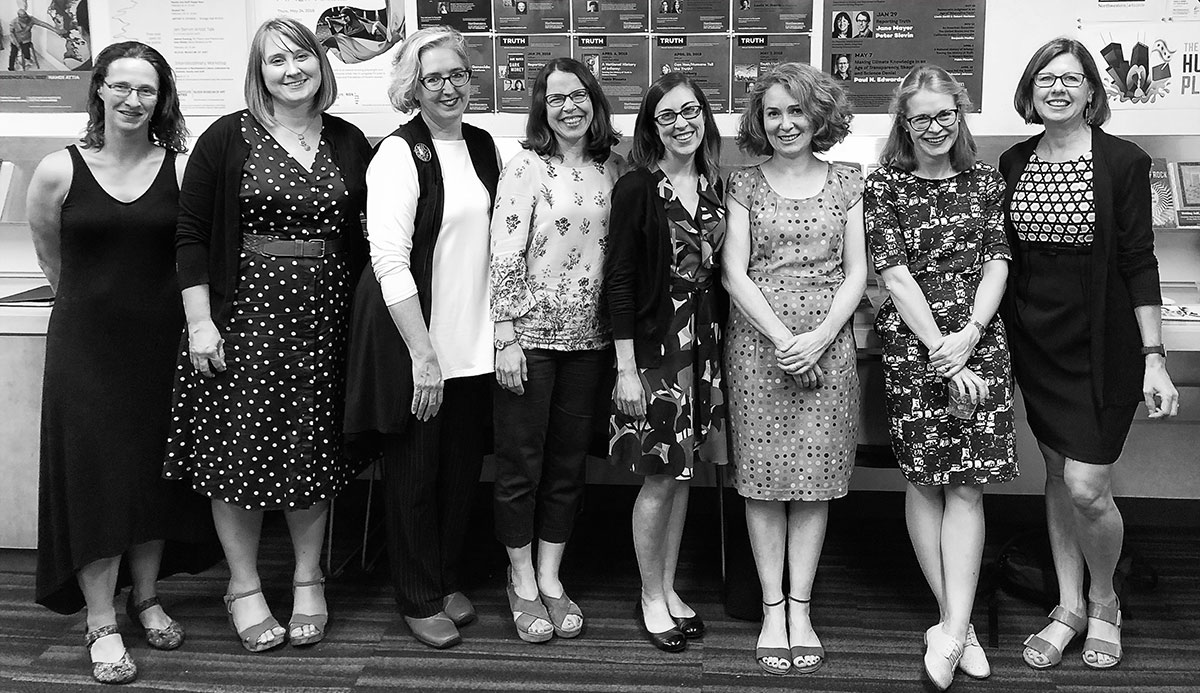What is The Pulter Project?
This digital collaboration aims at allowing readers to engage with multiple, different representations and readings of Hester Pulter’s striking verse. The distinctive nature of the project is that it does not adopt an editorial process that strives to establish a single, ideal edited form for these works, but instead endorses multiple, equally authorized versions as a way to foreground the complexity of Pulter’s poetics and the affordances of scholarly editing in the digital age. The Pulter Project seeks to pull back the editorial curtain to reveal to readers the often invisible decisions underwriting the making of poetry and poets.
The Making of The Pulter Project
Produced by the Media and Design Studio at Northwestern University. Footage of Brotherton Library at Leeds University courtesy of Ken Kajoranta, Xiaoping Lu, Sam Higgs, Jodie Double, and David Burns. Original Music Composed and Performed by Stephen Katz. Special thanks to Faith Irvine, Leah Knight, and Wendy Wall.At the core of our site is a tool, powered by the Versioning Machine, featuring side-by-side versions of each poem. These versions include:
- high-resolution, zoomable photographic facsimiles of manuscript pages;
- transcriptions of the poems that capture changes by the main scribe, Pulter (probably), and the manuscript’s first readers;
- Elemental Editions: deliberately pared-down modernizations with minimal notes;
- Amplified Editions: commissioned from experts to foreground different aspects of Pulter’s verse.
For those who wish to cite line numbers in the poems, see the Compare Editions view of the poems. These contrasting versions draw out and develop different aspects of each poem, while the side-by-side display enhances opportunities for comparison. Readers can find these side-by-side displays by clicking on “Compare Editions” beneath the headnote to each individual poem or through the “Discoveries” section of the home page.
The site also features an open-ended and growing array of contextualizing materials, educational tools, and curated virtual exhibits inspired by the poems. Readers can find contextual materials for specific poems in “Curations.” In “Explorations,” readers will find materials relevant to Pulter’s life, her manuscript, and her verse in general.
Who is The Pulter Project for? Students and teachers at all levels, specialist scholars, and a larger reading and writing public will value different aspects of the project. Those encountering Pulter for the first time might start with the elemental editions, with their modernized text and relatively simple annotations. Those ready for more will enjoy the Amplified Editions, each governed by its own principles and more extensive annotation. In our comparison view, advanced students and scholars will benefit from seeing these versions side-by-side along with transcriptions and high-resolution manuscript images. Instructors may include material from “Curations” and “Explorations” as companion readings for the poems in courses on poetry, literature and science, religion and literature, early modern literature, and women’s writing. We urge readers who rely on the project to cite the material, as a courtesy to those who made it, and to consider proposing contributions of their own. This is a work-in-progress, with an ever-expanding community of collaborators and users.
The Pulter Project is committed to open access and distribution of the contents and code behind our project. If you are interested in emulating our approach for your own research, we would be happy to advise. Please contact us with questions.


